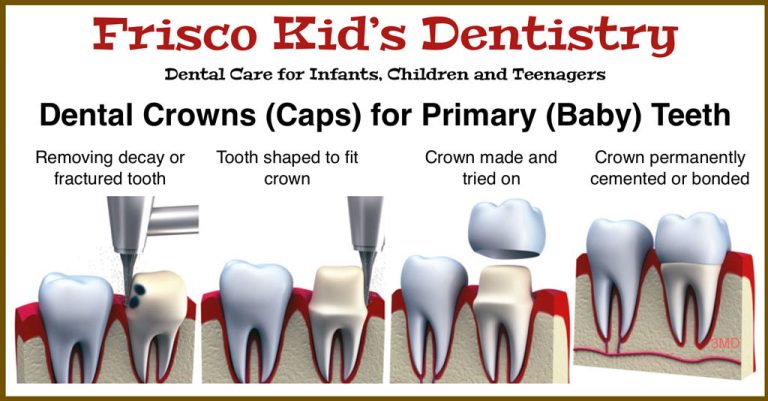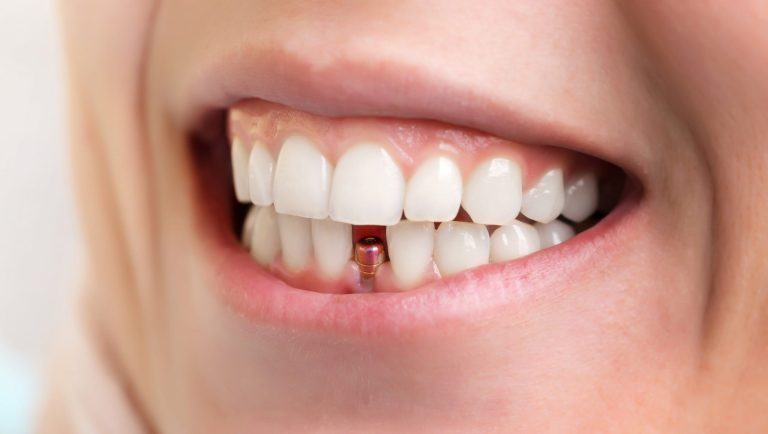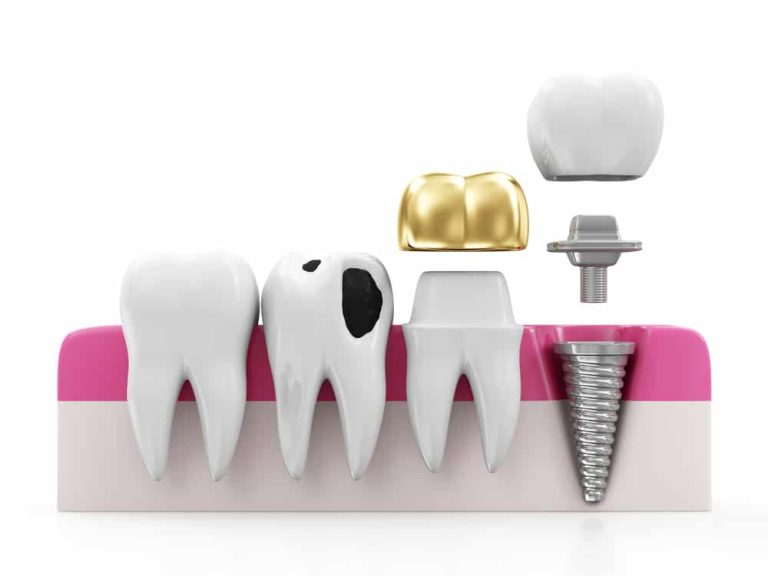Can Dentures Be Permanently Glued In? Discover How!
Last Updated on 6 months by DR. ALBIN SIPES
Yes, dentures can be permanently glued in. This procedure is known as implant-supported dentures, which involves placing dental implants into the jawbone and attaching the dentures to the implants.
This option provides a more secure and stable fit for dentures, allowing individuals to eat, talk, and smile with confidence. Dentures have been a popular choice for people with missing teeth for many years. However, traditional dentures can sometimes be uncomfortable, slip out of place, or cause sore spots in the mouth.
Implant-supported dentures offer a solution to these issues by providing a more stable and permanent solution. This procedure involves placing dental implants into the jawbone and attaching the dentures to the implants using special connectors. This allows individuals to enjoy their favorite foods without worrying about their dentures slipping or shifting. Additionally, implant-supported dentures can improve overall oral health by preventing bone loss in the jaw and reducing the risk of gum disease.
Introduction To Permanent Dentures
Permanent dentures are a modern solution for individuals seeking a long-lasting and stable alternative to traditional removable dentures. These dentures are securely attached to dental implants, providing a more permanent and natural-looking solution for missing teeth.
What Are Dentures?
Dentures are prosthetic devices designed to replace missing teeth. They can be removed and reinserted into the mouth, making them a popular choice for individuals with missing teeth. Dentures are typically made from acrylic, porcelain, or a combination of both materials. They can restore the functionality and appearance of a natural smile, enabling individuals to eat, speak, and smile with confidence.
Over the years, denture technology has advanced significantly. Traditional dentures were often uncomfortable and prone to slipping or shifting. However, with the introduction of permanent dentures, individuals can enjoy a more secure and stable solution. Permanent dentures are attached to dental implants, which are surgically placed into the jawbone. This provides a strong foundation for the dentures, eliminating the need for messy adhesives and allowing for better chewing and speaking capabilities.
The Concept Of Permanent Dentures
Permanent dentures can be affixed using dental implants or adhesive. Dental implants are surgically placed into the jawbone, providing a sturdy base for the denture. Adhesive, on the other hand, offers a less invasive option. There are two main types of permanent dentures: implant-supported and implant-retained. Implant-supported dentures are fixed in place and can only be removed by a dentist, while implant-retained dentures can be taken out for cleaning.
Permanent dentures offer several advantages over traditional dentures. They provide better stability and support, allowing for improved chewing and speaking. Additionally, they help maintain jawbone density and prevent facial sagging. With proper care, permanent dentures can last for many years, offering a long-term solution for missing teeth.
How Permanent Dentures Work
Permanent dentures can be permanently attached to the gums using dental implants. These implants serve as a sturdy base for the dentures, providing a secure and long-lasting solution for missing teeth. During the procedure, the dentist will surgically place the implants into the jawbone, allowing them to fuse with the bone over time. Once the implants have integrated with the bone, the dentures are attached to the implants, creating a stable and natural-looking smile. This method offers a more comfortable and reliable alternative to traditional dentures, as the implants prevent slippage and eliminate the need for adhesives. With proper care, permanent dentures can last a lifetime, restoring both function and aesthetics to the mouth.
Comparing Costs: Permanent Vs. Removable Dentures
The costs associated with dentures can vary depending on whether you choose permanent or removable options. When considering the initial costs, permanent dentures tend to be more expensive compared to removable dentures. However, it’s important to also consider the long-term investments. Permanent dentures are designed to last for many years, offering a durable and natural-looking solution. On the other hand, removable dentures may require occasional adjustments or replacements over time, which could add to the overall cost.
Insurance coverage and financial assistance are also important factors to consider. Some dental insurance plans may cover a portion of the cost of dentures, while others may not provide coverage at all. It’s important to check with your insurance provider to understand your specific coverage. Additionally, there are financial assistance programs available that can help offset the costs of dentures for those who qualify.
The Process Of Getting Permanent Dentures
Consultation and Planning:
Before getting permanent dentures, it is important to schedule a consultation with a dentist who specializes in denture placement. During this consultation, the dentist will examine your oral health and discuss your specific needs and expectations. They will create a personalized treatment plan based on your unique situation.
Surgical Procedures:
Once the treatment plan is established, the next step is the surgical placement of the permanent dentures. This involves the removal of any remaining teeth, if necessary, and the placement of dental implants. The implants serve as a foundation for the dentures, ensuring stability and durability.
Recovery and Adjustments:
After the surgical procedure, there is a recovery period during which the implants integrate with the jawbone. Once the healing process is complete, the dentist will attach the permanent dentures to the implants. The dentist will make any necessary adjustments to ensure a comfortable fit and optimal functionality.
Living With Permanent Dentures
Permanent dentures are a great option for those who have lost all their teeth and are looking for a more stable and permanent solution compared to traditional removable dentures. However, it is important to take good care of your permanent dentures to ensure they last a long time. Here are some tips:
| Daily Care and Maintenance | Lifestyle Adjustments and Benefits |
| Brush your dentures with a soft-bristled brush and non-abrasive denture cleaner twice a day. | Eat a wider variety of foods compared to traditional dentures, including crunchy and sticky foods. |
| Soak your dentures overnight in water or a denture cleaning solution recommended by your dentist. | Speak more confidently and clearly due to the stability of permanent dentures. |
| Visit your dentist regularly for check-ups and adjustments. | Enjoy a more natural-looking smile and improved facial structure with permanent dentures. |
By following these simple guidelines, you can ensure that your permanent dentures stay in good condition and provide you with the comfort and confidence you need.
Common Questions Answered
Patients who have lost their natural teeth may consider getting permanent dentures, which are affixed to the gums with dental implants or adhesive. However, not all patients may qualify for permanent dentures, as factors such as bone density and overall oral health may affect candidacy. Additionally, it is important to note that permanent dentures are not necessarily permanent and may require adjustments or replacements over time. The lifespan of permanent dentures can vary depending on factors such as quality of materials and proper maintenance, but they typically last between 5-15 years. Patients should consult with their dentist to determine if permanent dentures are a viable option for their individual needs.
Real Stories: Before And After Permanent Dentures
Patients who have opted for permanently glued dentures have experienced remarkable transformations and an improved quality of life. These patient testimonials highlight the positive impact of permanent dentures on their day-to-day activities and self-confidence.
One patient shared how they can now enjoy their favorite foods without any discomfort or worry. Another patient expressed their satisfaction with the natural appearance of their permanent dentures, which has restored their smile and boosted their self-esteem.
Patients have also reported increased stability and functionality, allowing them to speak and chew with ease. The permanence of the dentures gives patients a sense of security, eliminating the need for adhesive creams or worrying about denture slippage during social interactions.
Overall, permanent dentures have proven to be a life-changing solution for individuals seeking a long-lasting and reliable dental restoration option. These real stories serve as a testament to the positive impact of permanently glued dentures on patients’ lives.
Conclusion
Permanent denture adhesives offer a reliable solution for securing dentures in place. With advancements in dental technology, individuals can enjoy the benefits of a secure, comfortable fit. By considering the various options available, individuals can make informed decisions about their dental care.
This can lead to improved confidence and overall quality of life.
Also read – What can i use instead of denture glue?



